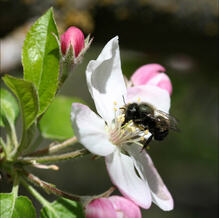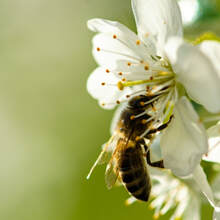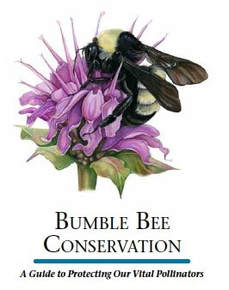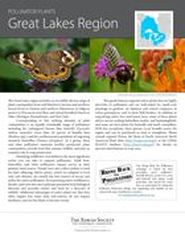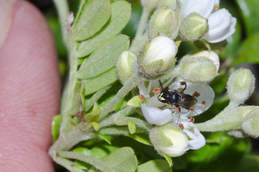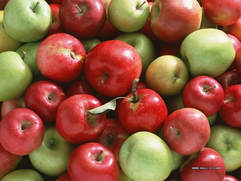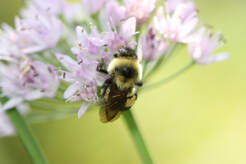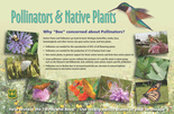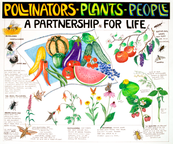Zoom Workshop - aired Saturday, June 26, 2021 6:00 p.m. during Pollinator Week.
Greenspace Workshop Resources
Resources used at the Greenspace Workshop are listed below for your information. There were 35 people who attended the December 5, 2019 workshop at the Olson Memorial Library in Eagle River. Powerpoint presentations (all in PDF format) are located at the bottom of the list.
|
Comparing Flowering Bee Lawns With Other types of Vegetation
To mow or to mow less: Lawn mowing frequency affects bee abundance and diversity in suburban yards
Public Lands and Pollinators
Managing Bee Lawns
Technical Manual for Maintaining Roadsides for Pollinators Establishment, Restoration, Management and Maintenance
|
Management of Arthropod Pathogen Vectors in North America: Minimizing Adverse Effects on Pollinators
Selecting Plants to Support Pollinators
Inviting Bees to Your Property:
No Fear of Stings Plight of the Pollinator
Protecting Monarchs
Flowering Bee Lawns:
A Tool Kit for Land Managers |
Powerpoint Programs from the
Greenspace Workshop (all in PDF format)
Click on each numbered button for viewing
|
(1) Assistance With Plant Species Lists and
Other Technical Advice |
|
(2) Lincoln County Service Center Pollinator
Project |
|
(3) Protecting Pollinators is Everybody’s
Business - Creating Bee-Friendly Greenspace |
|
(4) Steps in the Right Direction
|
This is another excellent link for Wisconsin pollinators:
https://dnr.wi.gov/topic/EndangeredResources/pollinators.html
Click on all photos for more information.


